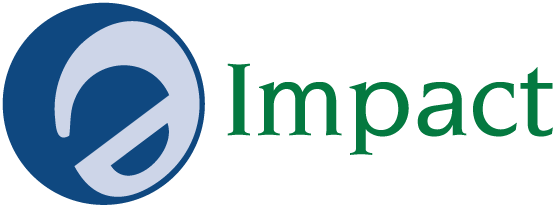International professionals who experience the American employment interview may require some guidance in how to use the language. I don’t mean proficiency in grammar, vocabulary, or pronunciation and accent. I mean proficiency in content. What should you say, and what should you not say at an American employment interview? Here are some ideas that can help you sharpen your interview communication skills for employment. Here are a few tips to help you to speak better at job interviews.
As part of his answer to “Tell me about yourself”, a Turkish pharmaceutical research analyst stated a list of all his degrees and academic accomplishments.
No, you don’t want to say that.
But why?
It’s already on your résumé, and that’s enough. The interviewers value what you did, have done, and are going to do for their organization if you are hired. Or they want to know what your professional acheivements are. Again, your education is on your résumé. If they want to know more about that, they’ll ask.
And as part of his answer to “Tell me about yourself”, the same person started a sentence with, “I am responsible for” and another sentence with, “I was responsible for”.
No, you don’t want to say that.
But why?
They don’t care about your responsibilities. Being responsible doesn’t mean that you do, have done, or did anything. They only want to know what you did, have done, do, and what you’re going to do. So take the verb “be” and the adjective “responsible, and change them to “I + VERB” . Say “I do” or, of course, use the appropriate verb for whatever it is you do. What do you do? What have you done? What did you do? What are going to do?
To continue, as part of his answer to “Tell me about yourself”, he started one sentence like this, “I’m comfortable with (system or program)”, and he started another sentence with, “I’m pretty good at”.
No, you don’t want to say , “I’m comfortable with” and “I’m pretty good at”.
But why?
They sound weak, and that sort of language doesn’t make you sound confident. Employers want confident people. Confidence could be a measure of competence. Would you say that you are very competent with these systems or programs and that you are excellent at working with them? Do you have a lot of, or sufficient, experience with these systems and programs?
Yes, of course.
Okay, then that’s what you have to say. “I have a lot of experience with XYZ, so I’m competent with XYZ, and I’m excellent at working with XYZ.” How do these answers translate and come across? To employment interviewers they say you can use this knowledge and these skills at their company. Saying that you are “comfortable” with doing something and that you are “pretty good at” doing something does not sound as though you will definitely be able to use this knowledge and these skills effectively at their company.
Employment Interview Tip: Be prepared to tell three or four success stories. Tell about problems you solved. It should take up to two minutes to tell each story. These sort of success stories or stories about how you solved problems are sometimes called “vignettes”. At an employment interview, be prepared to tell a few two-minute stories. And there’s something else: You have to be the hero of your story.
